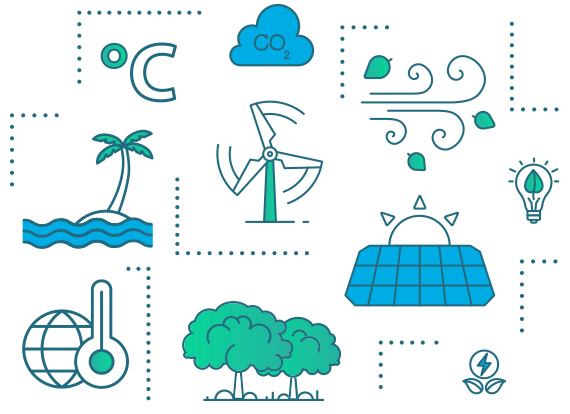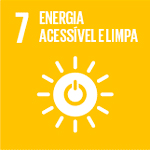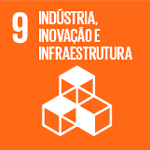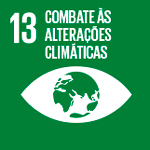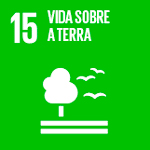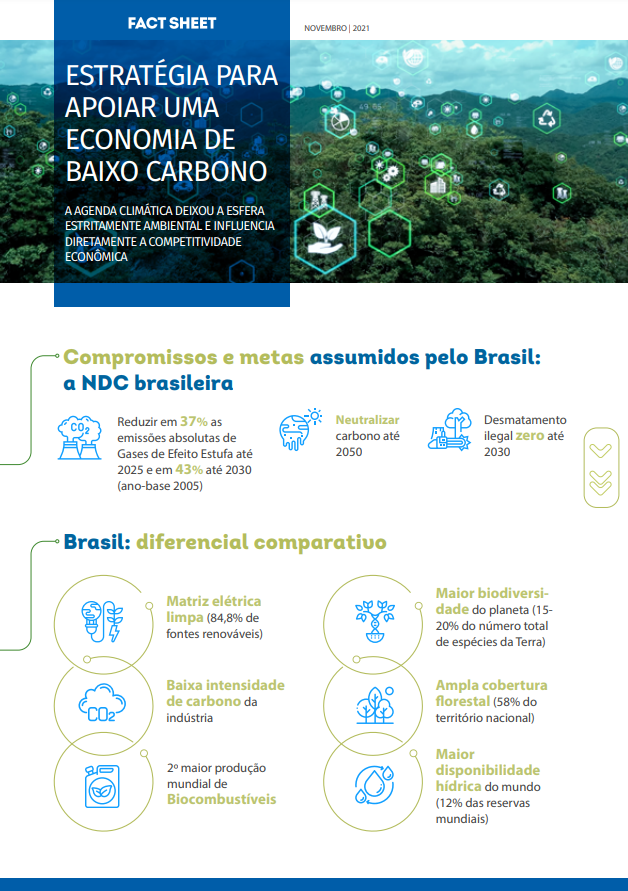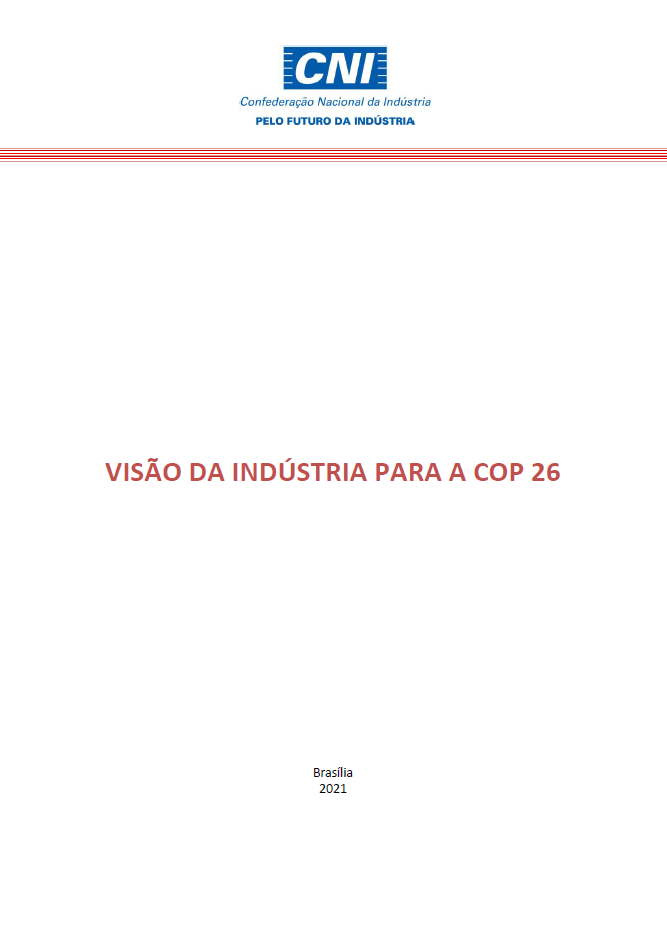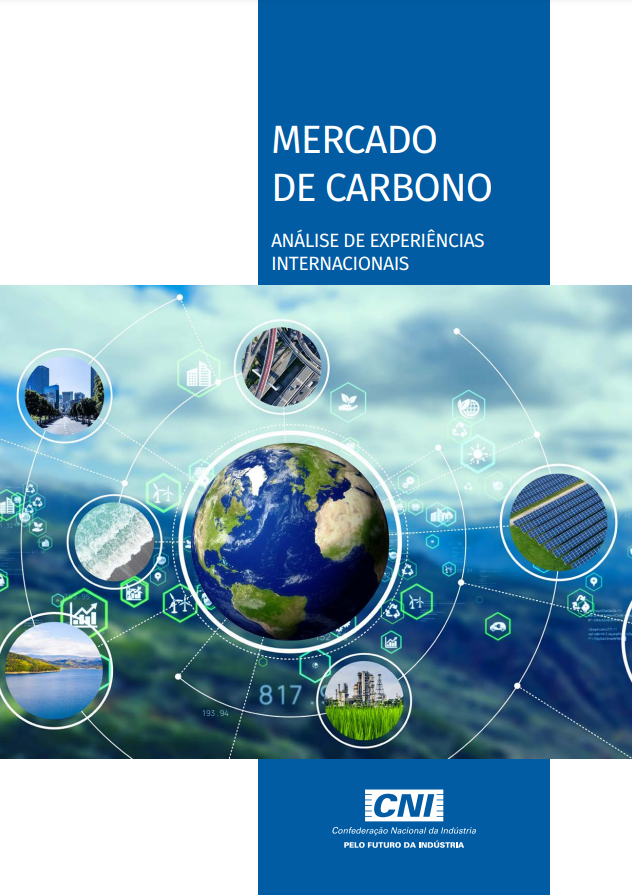CLIMATE CHANGE
The climate change agenda has left the strictly environmental sphere and now directly influences economic competitiveness
The climate change agenda has left the strictly environmental sphere and now directly influences economic competitiveness. For the industry, this issue is directly related to the need for major investments, technological development, and adaptation to extreme climate events, which already harm the competitiveness of companies and bring to the fore the need for risk management.
Today, the Brazilian industry makes significant investments in technologies and actions to improve its performance in reducing its GHG emissions and energy consumption. The country's energy sector stands out for having an energy matrix with a large share of renewable sources (48.4%, according to the National Energy Balance 2021 (BEN 2021)). Only a few countries in the world have a similar performance. Considering the OECD as a whole and the world energy matrix, this percentage is approximately 11% and 14%.
When it comes to electric power supply, Brazil is a unique case. Renewable sources account for 84.8% of the national electricity matrix, with hydroelectric generation accounting for 65.2% of this total; wind, 8.8%; biomass, 9.1%, and solar, 1.7%. In OECD member countries, this share is around 27%.
This means that GHG emissions per unit of energy consumed in Brazil are small when compared to other countries. However, the country still has a long way to go to reach socioeconomic standards comparable to those of developed countries, especially in relation to per capita energy consumption, which is expected to increase by 2030. The challenge will be to maintain the current share of renewable energy sources, especially in view of the occurrence of extreme climate events, which should affect the water reservoirs that are used for hydroelectric generation.
The current scenario, although challenging, also presents business opportunities. International entities, such as the Climate Policy Initiative (CPI), indicate that global financial flows towards actions to reduce GHG emissions and adapt to the impacts of climate change exceeded US$ 500 billion between 2017 and 2018. Thus, the identification of risks and opportunities related to the low-carbon economy should be part of the business strategy.
Controlling GHG emissions is a focal point of this agenda. Carbon management has become an increasingly determinant aspect for the competitiveness of companies.
Key messages
The adoption of technologies to mitigate emissions and to adapt the industry to the impacts of climate change should take into consideration the different realities of the countries.
Brazil has an energy and electricity matrix with a large share of renewable sources, especially when compared to other countries. The improvement or maintenance of this scenario should take into account affordable tariffs and the security of energy supply.
Different industrial sectors can benefit from the development of renewable energy sources and energy efficiency solutions.
Forests and land use change are extremely important for the mitigation of GHG emissions and industrial adaptation to climate change.
The establishment of a regulated carbon market, in the form of an emissions trading system, is an important alternative for the country to achieve a low-carbon economy and succeed in its international commitments.
Studies and analyses
CNI is the main organization representing Brazilian industry. Its challenge is to increase the competitiveness of Brazilian industry by influencing the policy environment. To this end, it engages in policy dialogue with Congress, the federal government and the judiciary.

Customer Service
(61) 3317 9989
(61) 3317 9992
CNI - Headquarters Brasilia
SBN - Quadra 1 - Bloco C
Ed. Roberto Simonsen
Brasília - DF CEP 70040-903
(61) 3317 9000
(61) 3317 9994 (Fax)
São Paulo Office
Surubim street, 504 - Brooklin Novo
São Paulo - SP CEP 04571-050
CNI - Phone. (+55 11) 3040 3860
IEL - Phone. (+55 11) 3040 3370

